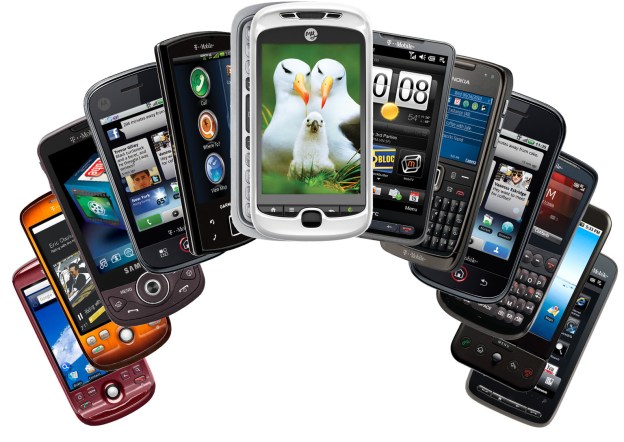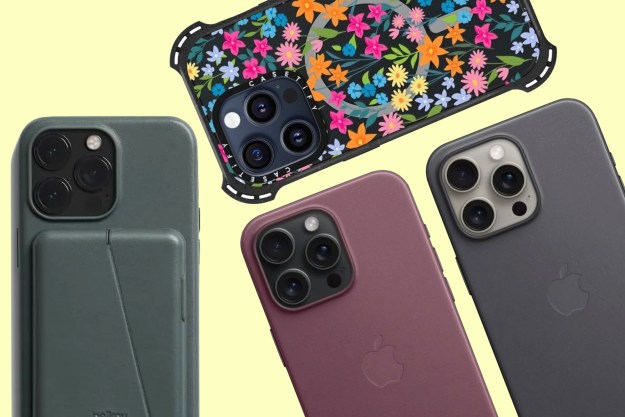
It may seem like Apple’s iPhone is a major force to be reckoned with, and no doubt it is. For now, anyway, says France Telecom SA CEO Stephane Richard. According to Businessweek, the French executive feels that the increasing frugality of the average consumer and influx of decent budget phones may spell trouble for the iPhone and other high-end devices like the Galaxy S4.
Richard says that there are less and less shoppers that are actually concerned with having the newest, flashiest phone. Instead, they’re willing to settle for something that gets the job done, if it saves them a few dollars.
Admittedly, this trend is much more prevalent in Europe, but that’s not to say it won’t spread; economies are tough all around the world. In the last three years, France Telecom has reduced its prices by 25 percent; it now offers monthly plans that include unlimited calls and 3GB of data for less than $30. (How can we get our hands on that kinda plan?)
The company is doing what it can to gain a bigger customer base. For one, it’s rebranding itself as Orange, a company it purchased in 2000, and one that is well-known and may help them out.
What’s more, the carrier may reduce prices by up to another 12 percent. Richard cites pressure from low-cost competitors as the main reason for the reductions. It’s reduce prices or lose customers, and less profit is better than no profit.
To help pull in more customers, FT introduced a new brand in 2011, Sosh. The carrier doesn’t sell or offer discounts on phones in exchange for a contract. In fact, in exchange for the low cost plans, users have to bring their own phones to the table, and they also sacrifice extensive customer service care. But that’s to be expected, since these customers will be paying as much as 40 percent less than FT/Orange customers.
The last few years have been a tumultuous time for all things luxury. It’s not a big shock to hear people say the penny-pinching is making its way to the mobile world. What will be interesting is seeing if, and how, mobile providers respond to consumer demands and needs. (iPhone Mini, anyone?)
Editors' Recommendations
- Why you should buy the iPhone 15 Pro instead of the iPhone 15 Pro Max
- 3 reasons why I’ll actually use Anker’s new iPhone power bank
- There’s a big problem with the iPhone’s Photos app
- 10 iPhone productivity apps you need to download right now
- Best iPhone 15 deals: How to get Apple’s latest iPhone for free


